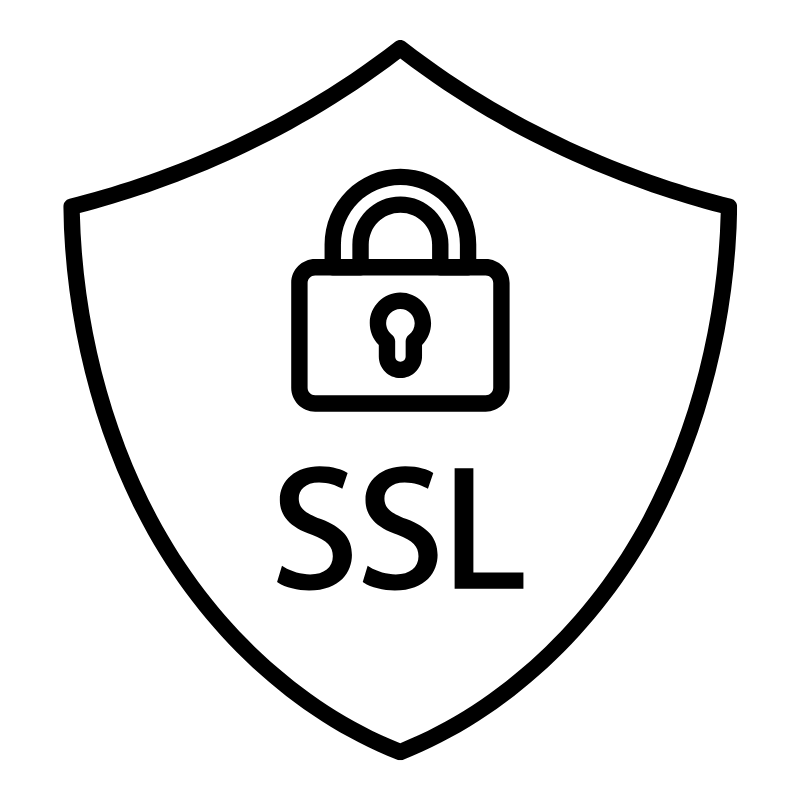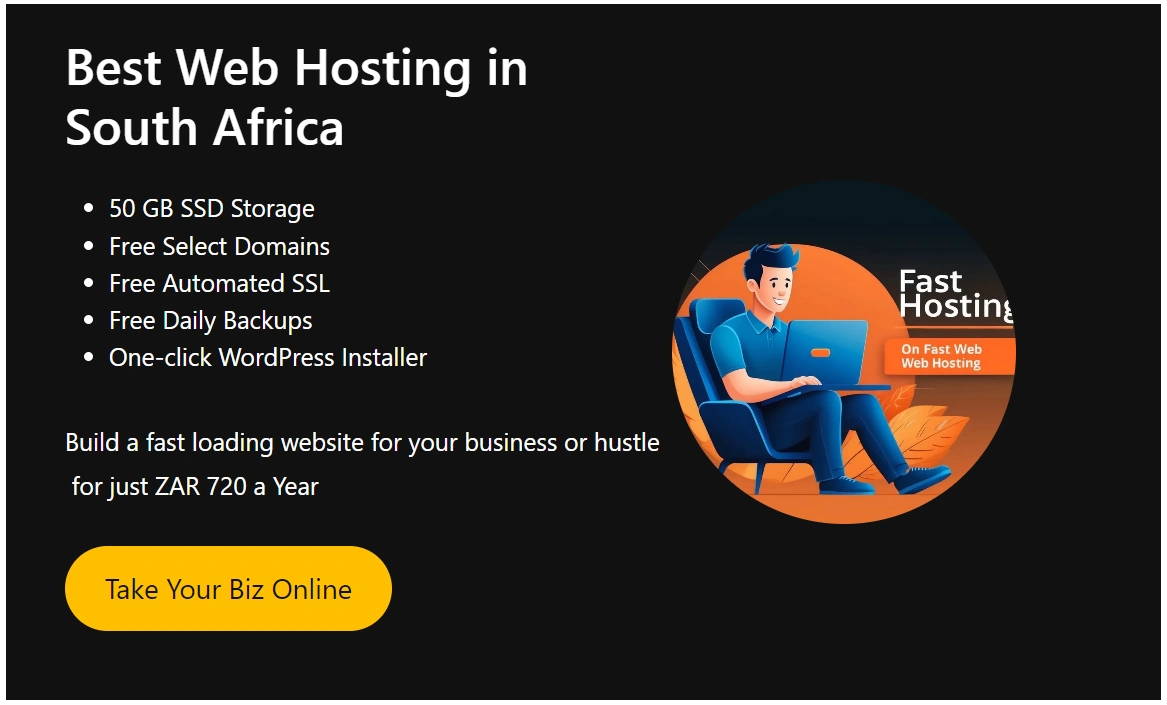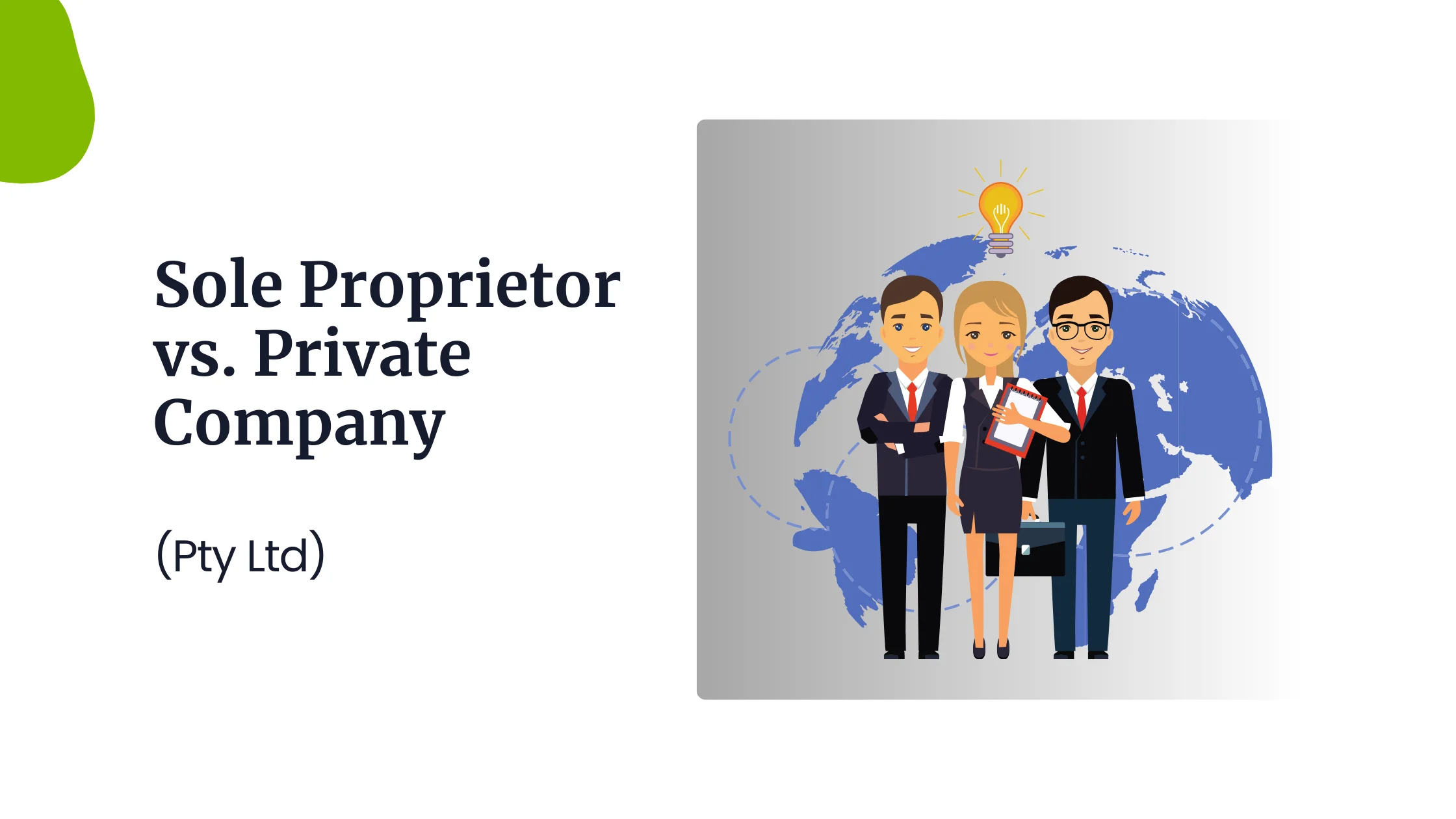Knowing the value of your business is crucial whether you’re thinking about selling, obtaining investment, securing a loan, or even just monitoring your company’s financial health. Calculating business value, particularly in the South African context, can seem complex. However, this guide will break down the process, helping you grasp the fundamentals of business valuation.
Table of Contents
Understanding the Purpose of Valuation
Before getting into numbers, consider why you need a valuation:
- Selling Your Business: A realistic valuation helps you set an appropriate asking price.
- Attracting Investors: Investors want to see the potential value of their investment.
- Obtaining Financing: Lenders often require a valuation to assess a business’s worth before providing funding.
- Internal Planning and Decision-Making: Understanding your business’s value can aid in strategic decision-making.

Common Business Valuation Methods in South Africa
Let’s explore popular methods for determining business value in the South African market:
Asset-Based Approach
How it Works
Focuses on a business’s net asset value (NAV). This means taking the total value of assets (tangible and intangible) and subtracting the total value of liabilities.
Best Suited for
Asset-heavy businesses (e.g., manufacturing, property-owning companies). Also useful for businesses in liquidation.
Limitations
Doesn’t account for a business’s future earning potential or goodwill.
Market-Based Approach
How it Works
Compares your business to similar businesses that have recently sold in your industry. Consider factors like revenue multiples, industry trends, and recent transactions.
Best Suited for
Businesses in sectors with a lot of comparable data.
Limitations
It can be hard to find truly comparable businesses, especially in smaller or niche industries.
Income-Based Approach (Discounted Cash Flow)
How it Works
Projects a business’s future cash flows and calculates their present value using a discount rate. The discount rate considers the time value of money and the risk associated with those future cash flows.
Best Suited for
Businesses with predictable future cash flows.
Limitations
Projections can be uncertain, and the choice of a discount rate can significantly impact the valuation.
Industry-Specific Rules of Thumb
How it Works
Many industries have ‘multiples’ based on financial metrics like earnings or revenue to estimate business value quickly.
Best Suited for
Gaining a ballpark estimate.
Limitations
Rules of thumb are very general and don’t account for a business’s individual specifics.
Key Factors Influencing Business Valuation in South Africa
Beyond the methodologies, several factors specific to the South African market affect valuation:
- Economic Conditions: The overall state of the South African economy impacts factors like interest rates, inflation, and investor confidence, in turn influencing business values.
- Industry Dynamics: Growth trends, competition, and regulatory changes within a business’s specific sector play a significant role.
- Business Performance: Profitability, revenue growth, and cash flow heavily influence a business’s perceived value.
- Intellectual Property and Intangibles: Strong trademarks, patents, customer lists, etc., increase value even for businesses with less tangible assets.
- Management Team: The experience, skills, and reputation of a business’s management team can add or detract from the valuation.
Tips for a Successful Valuation
- Choose the Right Method(s): No single method is always perfect. Often, using a combination of methods brings the most accurate results.
- Professional Assistance: While you can start the process yourself, consider engaging a qualified business valuer for a more comprehensive assessment, especially for high-stakes situations.
- Data Accuracy: Ensure the financial information you use is accurate and up-to-date.
- Be Realistic: Don’t let emotional attachment inflate the price you hope for. Be objective about your business valuation.

Importance of Knowing Your Business Worth
Knowing how to calculate the value of a business in South Africa goes beyond just a number. It gives you:
- Negotiation Power: A well-supported valuation puts you in a stronger position during negotiations, whether for selling, attracting investment, or obtaining loans.
- Informed Decision-Making: Understanding your business’s value helps you make better-informed decisions regarding growth strategies, potential acquisitions, and long-term planning.
- Tax Implications: Certain business valuation methods may have different tax implications for business owners in South Africa. Consult with a tax advisor for guidance.
- The ‘Human Factor’: While valuation methods provide a numerical assessment, a buyer or investor may also place value on aspects like a business’s reputation, loyal customer base, or unique market niche that aren’t fully reflected in financial statements.
Example: Valuing a Small Business in South Africa
Let’s imagine a small manufacturing company in Cape Town that produces specialized components. Here’s how different valuation approaches might apply:
- Asset-based: If the company’s value lies mainly in machinery and inventory, this method could be a good starting point.
- Market-Based: Comparing sales of similar manufacturing businesses in the Western Cape region could provide valuable insights.
- Income-Based: If the company has steady cash flow and a healthy profit margin, discounted cash flow projections may be preferred.
- Industry-Specific Rules of Thumb: There might be general rules (e.g., ‘X’ times annual revenue) common for this type of manufacturer, but use these with caution.
Likely, the most reliable valuation would use a mix of these methods, with the weight placed on each depending on the company’s specific situation.
It’s Not Just About the Number
While how to calculate the value of a business in South Africa is crucial, there’s more to the story. Business valuation is a mix of science and art. It utilizes quantitative methods but also requires qualitative analysis of a company’s strengths, weaknesses, opportunities, and potential risks.
Remember: Don’t neglect the human element of business, its story, potential, and the unique value it offers, especially when presenting to potential buyers or investors.
Conclusion
Understanding business valuation is an ongoing process for entrepreneurs. As your business grows and evolves, revisit its valuation and adjust your expectations as needed. By equipping yourself with the principles covered in this guide, you’ll be better prepared to make informed financial decisions, negotiate favorable deals, and successfully steer your South African business towards the future.
Read also:
 Web Hosting
Web Hosting Windows HostingBuilt for Windows apps and websites – stability, speed and flexibility
Windows HostingBuilt for Windows apps and websites – stability, speed and flexibility Reseller HostingLaunch a hosting business without technical skills or expensive infrastructure
Reseller HostingLaunch a hosting business without technical skills or expensive infrastructure Affiliate ProgramRefer customers and earn commissions from sales across our platform
Affiliate ProgramRefer customers and earn commissions from sales across our platform Domain SearchFind and secure a domain name in seconds with our quick lookup tool
Domain SearchFind and secure a domain name in seconds with our quick lookup tool CO ZA Domains
CO ZA Domains All DomainsExplore domain names from over 324 TLDs globally – all in one place
All DomainsExplore domain names from over 324 TLDs globally – all in one place Whois
Whois VPS
VPS SSLs
SSLs







